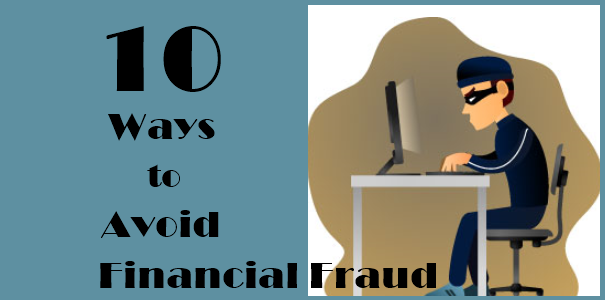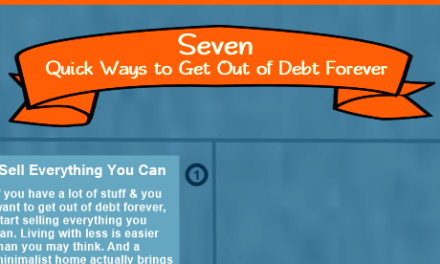Anyone can be a victim of financial fraud, so it’s best to pay attention and find ways to protect yourself. The reality is that it’s very easy to fall prey, especially when you have no idea what to look out for. The best defense is built on knowledge, so by gathering information, you stand a better chance of surviving a financial fraud attempt.
Ten Ways To Avoid Becoming A Victim Of Financial Fraud
Phone Calls
Have you received a phone call lately from someone you do not know saying that you just won a free trip?
Find out who you’re talking to. Don’t just give people your money or your personal information.
It’s important to establish who you’re dealing with exactly. What are this person’s claims? Can these claims be corroborated?
Why would such a person contact you? Always look at the contact’s details. There are a lot of tools online that you can use to conduct an investigation.
Of course your other option is to simply hang up the phone.
Phishing
Never click on email links — even if they seem legitimate.
Some scams take advantage of people not reading their links properly before clicking on them.
Let’s say you receive an email saying your Paypal account has been hacked.
The email comes with a link to Paypal that supposedly will help you regain your security if you go to it and enter your user name and password.
Look closely and see if the link actually takes you to the Paypal site, and not something that looks like it, such as “Paypa1”, for example.
It’s better to type in the URL you commonly use (or the one you bookmarked) instead of a link from some unauthenticated email designed to phish for your valuable financial information.
Fraud
Always stay up to date with your financial reports. Read your bills as soon as they come in.
It’s a common practice to ignore the items on your credit card statement, but the truth is that this can be risky. You run the risk of paying for something somebody else purchased, i.e. credit card fraud.
The same is true of your credit report. Stay updated, read these reports, and you should be able to spot immediately if there’s trouble brewing.
Related: Identity Theft: 10 Ways to Protect Yourself
Due Diligence
Ask questions. Don’t just blindly accept what people tell you.
It’s very important to think on your feet. Sometimes, you may find yourself speaking to someone who is so charismatic and you find yourself believing them. For example, have you ever been to one of those real estate investment seminars that teach you how to buy a house with no money down? Scary!
Either through charm or intimidation, scammers will find ways to prevent you from looking too closely at their house of cards. This is why you need to be vigilant and ask questions, no matter what happens.
Email Scams
Never send money to strangers.
There are a lot of scams like these out there. The most famous are the “Nigerian prince” scams that you receive via email, but there are other variations, too.
There are the “lottery winner” scams, that claim you won some foreign lottery.
These scams all have one thing in common: to receive the “prize” they offer, you must first send money to them. The reasons are varied, but rest assured that they simply want to defraud you. Do not fall for these no matter how desperate you are for money. You will always lose.
Here is a copy of a scam email I just received. If I follow their instructions I could be rich, right?

Risk Free
The word “risk-free” is a red flag. Remember that nothing is without risk, especially where money is concerned.
It’s important to remember that offers that use these exaggerations should actually scare you, even though they are intended to make you feel comfortable.
Financial Documents
Get into the habit of shredding bank statements, any old unused cheques, and any outdated insurance documents. Things like tax returns need to be kept for a certain number of years, but after that they too should be shredded.
Do Your Research
The Internet is wonderful, in that practically anything you might need is already on it. If you’ve been invited to invest in a particular product\business, or property, do your research first. Do online searches for any nasty information. Always check the Better Business Bureau.
Remember that finding nothing at all is just as much of a red flag as finding nasty stuff.
Know When to Walk Away
If it’s too good to be true, walk away.
As they say, a fool and his money are easily parted.
You need to remember that if someone offers you something that seems too “good”, it probably is a trick. Walk away as quick as you can.
It Could Happen to Anyone
Accept that it could happen to you. A lot of people often dismiss the possibility of financial fraud, thinking that they cannot possibly be targets. They believe that only the wealthy will be targeted by these scam artists. The unfortunate truth is that anyone can be targeted.
In fact, some of the most common targets are pensioners. Elderly fraud is a serious problem, and it shows that anyone — even senior citizens with meager retirement income — can be the victim of unscrupulous financial scumbags.





